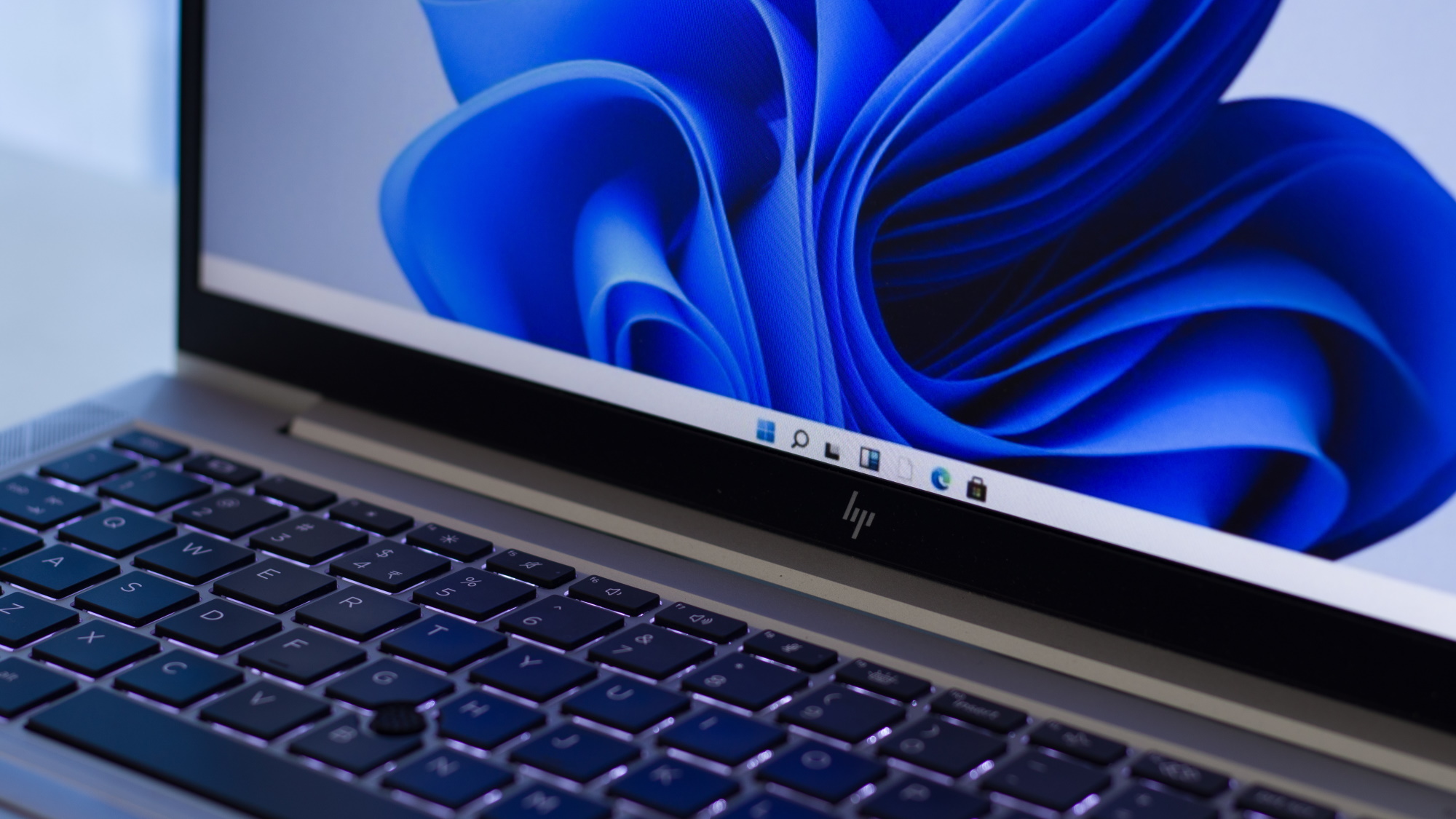
Windows 11’s voice functionality is being fully switched over to the new Voice Access feature later this year, and we now have a date for when the old system – Windows Speech Recognition (WSR) – will be officially ditched from the OS.
The date for the replacement of WSR by Voice Access has been announced as September 2024 in a Microsoft support document (as Windows Latest noticed). Note that the change will be ‘starting’ in that month, so will take further time to roll out to all Windows 11 PCs.
However, there’s a wrinkle here, in that this is the case for Windows 11 22H2 and 23H2 users, which means those still on Windows 11 21H2 – the original version of the OS – won’t have WSR removed from their system.
Windows 10 users will still have WSR, of course, as Voice Access is a Windows 11-only feature.
Analysis: WSR to go MIA, but it’s A-OK (for the most part)
This move is no surprise as Microsoft removed Windows Speech Recognition from Windows 11 preview builds back at the end of 2023. So, this change was always going to come through for release versions of Windows 11, it was just a question of when – and now we know.
Will the jettisoning of WSR mean this feature is missed by Windows 11 users? Well, no, not really, because its replacement, Voice Access, is so much better in pretty much every respect. It is leaps and bounds ahead of WSR, in fact, with useful new features being added all the time – such as the ability to concoct your own customized voice shortcuts (a real timesaver).
In that respect, there’s no real need to worry about the transition from WSR to Voice Access – the only potential thorny issue comes with language support. WSR offers a whole lot more in this respect, because it has been around a long time.
However, Voice Access is getting more languages added in the Moment 5 update. And in six months’ time, when WSR is officially canned (or that process begins), we’ll probably have Windows 11 24H2 rolling out, or it’ll be imminent, and we’d expect Voice Access to have its language roster even more filled out at the point.
Those on Windows 11 21H2 will be able to stick with WSR as observed, but then there’s only a very small niche of users left on that OS, as Microsoft has been rolling out an automatic forced upgrade for 21H2 for some time now. (Indeed, this is now happening for 22H2 as of a few weeks ago). Barely anyone should remain on 21H2 at this point, we’d imagine, and those who are might be stuck there due to a Windows update bug, or oversight during the automated rollout.
Windows 10 users will continue with WSR as it’s their only option, but as a deprecated feature, it won’t receive any further work or upgrades going forward. That’s another good reason why Windows 11 users should want to upgrade to Voice Access which is being actively developed at quite some pace.

.jpg?w=600)





